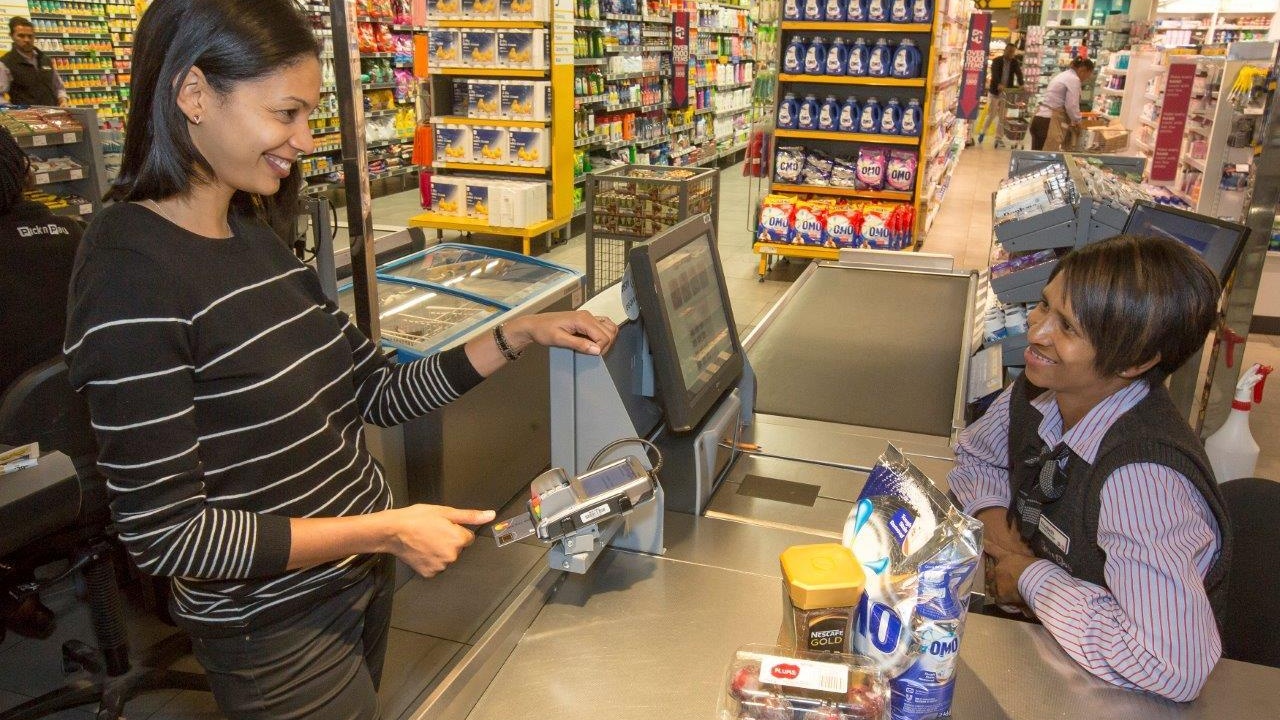Mastercard is bringing fingerprint sensors to credit cards
Chip and fingerprint

Following in the footsteps of mobile phone manufacturers, Mastercard has created a credit card that uses fingerprint sensor technology to add an additional layer of security to making in-store purchases.
Rather than requiring that you enter your PIN number to make a payment, these cards are fitted with small finger-sized sensor that you simply place your fingerprint on once you’ve put the card into a standard chip and PIN machine.
The payment process doesn’t appear to change in any way other than that instead of entering a PIN you simply press your finger to the card. We can't help but wonder how long it'll take for us all to forget our PIN numbers once these roll out.
- See the best cashback credit cards
No need for a PIN
The new cards are currently being tested in South Africa where two successful trials have already taken place.
Mastercard has said that it hopes to roll the technology out to the rest of the world by the end of 2017, though even when it does we’ll have to wait for our respective banks to get on board and adopt the technology before we’ll get to use it.
Once the cards are rolled out and your bank is on board, you’ll have to go to a branch and get your fingerprints scanned. An encrypted digital template of your fingerprint will then be be stored on the card’s EMV chip, which will work with the fingerprint sensor to determine that you’re the owner of the card when you’re making a purchase.
You’ll be able to save up to 2 fingerprints on the EMV chip (though they both have to be your own) and you’ll have nine fingerprint changes should anything untoward happen.
Get daily insight, inspiration and deals in your inbox
Sign up for breaking news, reviews, opinion, top tech deals, and more.
Conveniently, stores won’t have to bring in any new technology in order to accept these new payments; as all of the relevant data is stored on the card itself, standard chip and PIN machines will work.
Though the use of biometric technology does add an extra layer of security to payment cards, it is, of course, not entirely foolproof.
We don't think it's likely we'll see a sudden rise in instances of finger theft, but there is the chance that we could see a rise in instances of criminals trying to replicate fingerprints from glasses lying in pubs. There's also the worry that the technology to create artificial fingerprints is quickly improving.
That said, this takes a great deal more time and effort than simply looking over someone’s shoulder when they’re entering their 4-digit PIN so this use of biometrics is still arguably a much bigger improvement in terms of security.
To us, the most likely annoyance will arise from the moments when, as so often happens on phones, the sensor doesn’t recognize your fingerprint.
Emma Boyle is TechRadar’s ex-Gaming Editor, and is now a content developer and freelance journalist. She has written for magazines and websites including T3, Stuff and The Independent. Emma currently works as a Content Developer in Edinburgh.
